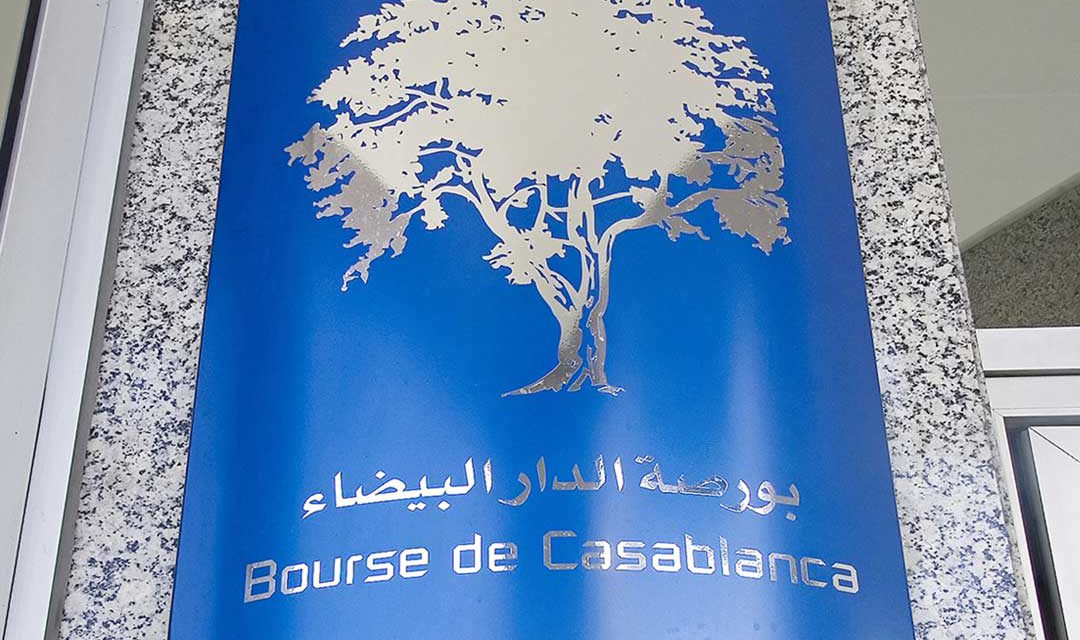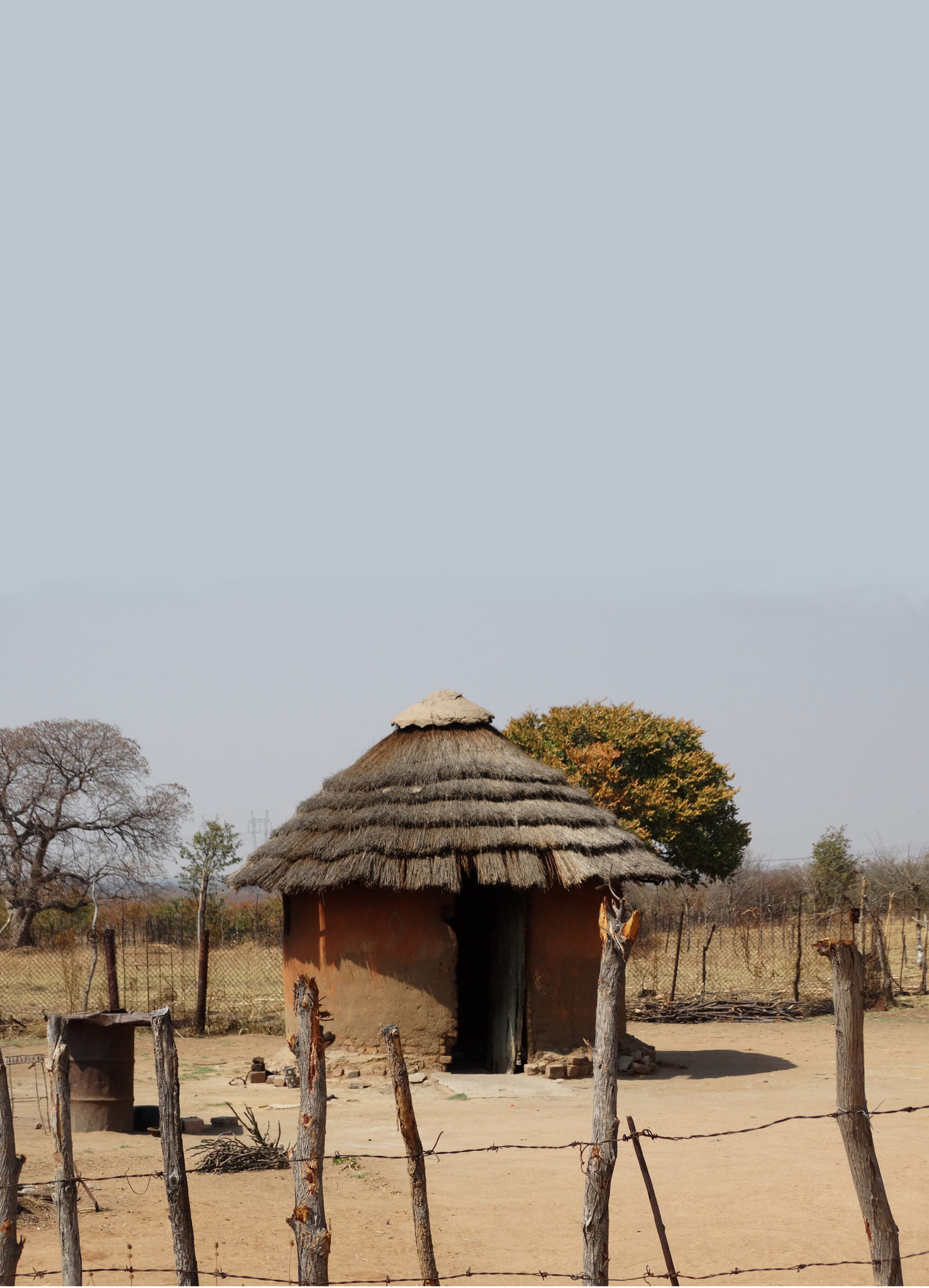Hopes rose this year that a large initial public offering would rejuvenate one of Africa’s oldest bourses, but lack of reform is constraining trading
By Celeste Hicks
Hopes rose earlier this year of a spurt of investor and business confidence in the Casablanca Stock Exchange (CSE) when the local subsidiary of the French petroleum giant Total launched an initial public offering (IPO) on the Morocco-based bourse. Expectations were high that the size of the Total offering, and the financial muscle of the company involved, would rejuvenate one of Africa’s oldest exchanges. By choosing to offer its shares on the CSE, the Total subsidiary was indicating that it could do its best business there. The offering went well. Demand was 6.7 times the number of shares on offer and the share price rose 4%. But the expected wider effect on the CSE was not to be. The Total IPO has been the only share offering on the bourse so far this year. Analysts say this is in line with the CSE’s disappointing performance over the long term. “The last 20 years have been catastrophic,” says Najib Akedbi, a professor of economics at the Institute of Agronomics in Rabat. “It has been a descent into hell where a lot of people have lost money.”
This gloomy assessment is shared by private equity investor Brahim El Jaî, managing director of MarocInvest, a subsidiary of AfricInvest, a private equity firm. “We would really like to encourage some of the companies we invest in to float on the bourse to make it easier to sell their shares,” he says. “But they don’t want to. The bourse is not dynamic enough; there’s a liquidity problem and low valuations of stocks.” Indices of CSE stock prices have fallen consistently over the past 10 years. They took a downward turn from 2008 with the influence of the eurozone crisis, which followed the global financial crash of that year. Knock-on effects of the Arab spring in 2010 worsened this effect. Taken together, these external factors acted as a double whammy on the Moroccan economy. Europe and north Africa are the country’s biggest trading partners. For the CSE, the bad run continued and indeed, got worse. The stock exchange’s value plummeted more than 15% in 2012 and hit a five-year low in August 2013. Then, just as share prices were recovering, Morocco was hit by Standard and Poor’s decision in late 2014 to downgrade the country from “emerging” to “frontier” status.
The ratings agency blamed a lack of liquidity on global markets. The definition of “market liquidity” is hotly debated, but in rough terms it means that investors can sell their shares easily, and for little or no loss. Historically, highly liquid markets have seen considerable trading activity. One underlying problem is that the CSE has a serious lack of liquidity of its own. Its market capitalisation, or the total value of its traded shares, achieved a peak of $76 billion in 2007, but it now stands at $57 billion. Another anomaly is that the Casablanca bourse is the third largest in Africa after Nigeria and South Africa in terms of capitalisation, yet it currently lists only 77 businesses. A rival exchange, Egypt, has around 200. Aside from the Total offering, the CSE has failed to gain any significant new listings since the early 1990s. Prices fell sharply again early in 2015 but they are currently stabilising. “This poor performance affects the image of our economy as a whole,” concedes Badr Benyoussef, head of business development at the CSE. “We can’t emerge into the world market without a stock market, but we don’t have enough new money and visibility to attract new investors.”
What is the source of the CSE’s damaging lack of liquidity? Analysts blame it mostly on “structural factors”. For one thing, the CSE’s ownership configuration is in question. It is a société anonyme or mutualised public company owned equally by a group of 17 large businesses, including pension funds, Banque Marocaine du Commerce Extérieure and Attijari Intermediation, a brokerage firm. This model was chosen in the 1990s, when most stock exchanges were mutually owned. In recent years, however, exchanges around the world have opened up to private investors, hoping to increase brokering competition and drive down transaction costs. Meanwhile, the Moroccan government has struggled to introduce reforms. Earlier in 2015 the minister of economy and finance, Mohamed Boussaid, warned the members of the société that their licence to run the CSE might be revoked if serious progress were not made on demutualisation, or shedding mutuality for shareholder ownership. Essentially this meant breaking up the bourse’s current ownership structure and allowing private investors to buy shares.
But many of the current members have close links to the government and the royal business empire, so the market’s appetite for genuine reform has come into question. The CSE members are like “a cabal”, Mr Akedbi says. “The bourse has been taken over by a handful of players who do what they want at the expense of small investors. Investors need to be convinced that there will be no manipulation, no conflicts of interest.” But it is not all bad news at the CSE. In 2010 the organisation was admitted to the World Federation of Exchanges, an international trade association. In 2014 it signed a partnership deal with the London Stock Exchange Group that included an agreement to transfer knowledge of new technologies. In the longer term the two organisations plan to launch joint ventures in the underdeveloped sub-Saharan African market. More sophisticated financial instruments are evolving as part of the current CSE reform process, but new products have not been introduced since the early 1990s. For example, the bourse does not have a market in futures or derivatives, though parliament is currently debating a new law to create such instruments. “
“Foreign investors are used to seeing these types of products in other markets around the world; there’s no longer much interest in simply buying and selling shares,” says one employee of an international bank which is giving technical advice on the new derivatives law. Ultimately, however, the CSE’s main investment growth could come from small investors and home businesses. Only about 20% of the CSE’s listed firms are small or medium enterprises. Many Moroccan firms are family-run, and they do not often see the point in using capital markets to raise money when they can get it from family members. “Launching on the CSE means legal requirements to open books and being transparent about the way the firm earns money, and many Moroccan companies don’t like that,” Mr Akedbi says. The upshot is that the Moroccan stock exchange has failed to persuade enough people outside big business to see the institution as a viable way of growing their savings or raising capital for their companies. “We need to instill investor confidence and act as a counter-weight to traditional forms of raising capital for businesses,” Mr Benyoussef says.
“We want to play [a] decisive role in financing Morocco’s overall growth and emergence as a regional player. Everyone understands the need for reform.” But Mr El Jaî says it is difficult to imagine his clients taking an interest in the CSE without an increased pace of reform. “We have the money that business needs to grow, we’re ready to go, but we’ve got a confidence problem,” he says. “No one wants to be the first to take the plunge. We need to see more companies launching on the market.”
Celeste Hicks is a freelance journalist specialising in Africa and the Sahel. Now based in London, she spent four years living and travelling in Africa as the BBC correspondent in Mali and Chad. She has ten years of radio experience and also does a number of online, video and magazine reports. Celeste has a particular interest in journalism training and working with young up-and-coming African journalists.












